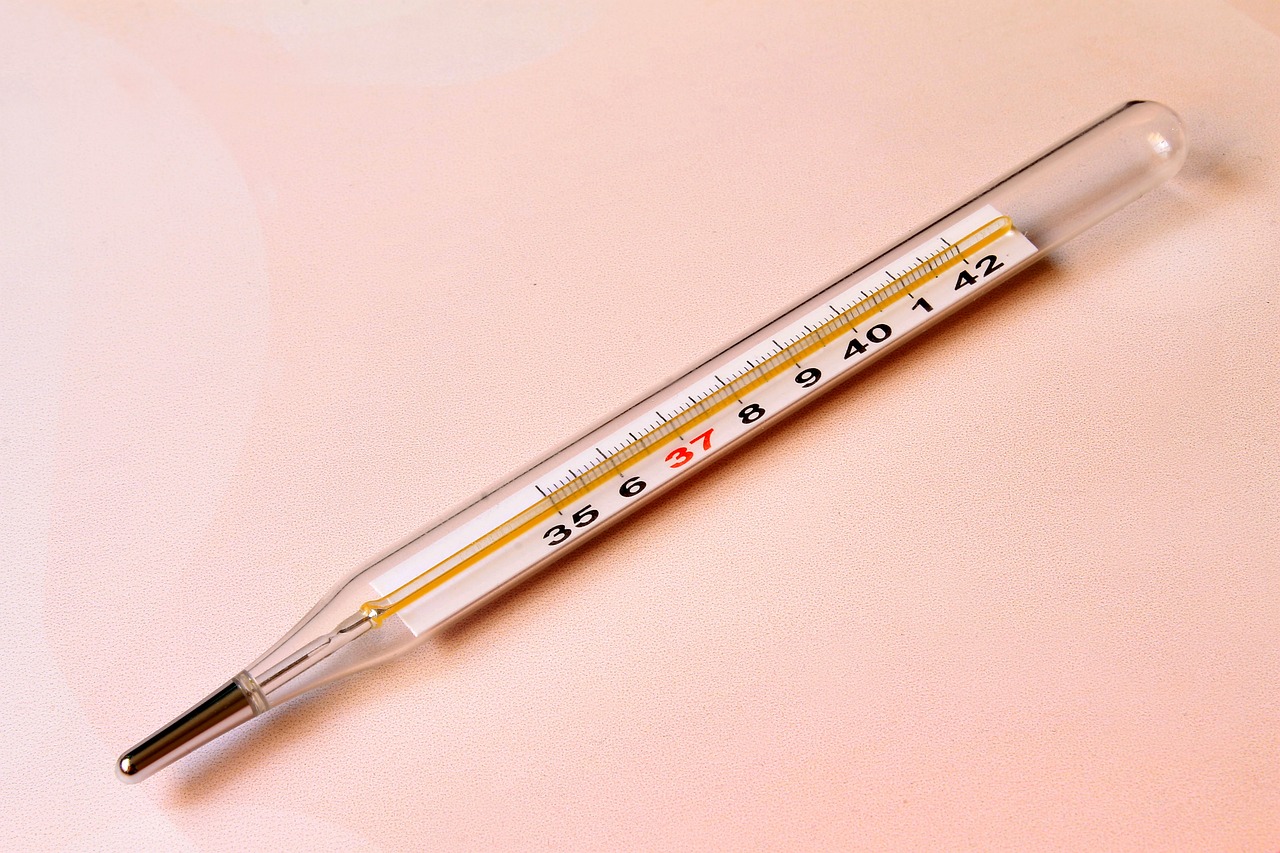The Role of Technology in Health Progress Reporting and Analysis
Health progress reporting has experienced a significant transformation over the years. Formerly, health data collection was done manually, making the process time-consuming and prone to errors. With the advent of technology, the landscape of health progress reporting has evolved, leading to more efficient and accurate data collection methods.
Technological advancements have introduced electronic health records and health information systems, streamlining the process of collecting and analyzing health data. These systems enable healthcare providers to access patient information promptly, allowing for better-informed decision-making and improved patient care. As a result, the evolution of health progress reporting has paved the way for more effective healthcare delivery and improved health outcomes.
Challenges in Traditional Health Reporting Methods
Health reporting has traditionally relied on manual data collection methods, which are time-consuming and prone to errors. Healthcare professionals often have to fill out paper forms or navigate complex electronic systems to record patient information. This manual process not only leads to inefficiencies but also increases the risk of inaccurate data entry, potentially impacting the quality of healthcare services provided.
Moreover, traditional health reporting methods often lack interoperability between different healthcare systems. This lack of coordination makes it challenging for healthcare providers to access comprehensive patient data quickly and efficiently. As a result, crucial information may be fragmented across various platforms, leading to gaps in patient care and hindered efforts in disease prevention and management.
Impact of Technology on Health Data Collection
Technology has revolutionized the way health data is collected and managed, offering unique solutions to traditional challenges. With the advent of electronic health records (EHRs) and other digital tools, healthcare providers can now gather comprehensive patient information in real time. This not only enables more accurate and efficient data collection, but also ensures that crucial health data is easily accessible to healthcare professionals when needed.
Moreover, the integration of wearable health devices and mobile health applications has further enhanced the collection of health data. These technologies empower individuals to track their wellness metrics, such as heart rate, sleep patterns, and physical activity, providing valuable insights for both patients and healthcare providers. By leveraging these innovative tools, the healthcare industry is moving towards a more data-driven and patient-centered approach to health data collection.
What are some benefits of using technology for health data collection?
Some benefits of using technology for health data collection include increased accuracy, efficiency, and accessibility of data. Technology also allows for real-time data collection and analysis.
How has technology evolved health progress reporting?
Technology has evolved health progress reporting by allowing for more comprehensive and timely data collection. This has improved the quality of health data and enabled faster decision-making by healthcare professionals.
What are some challenges in traditional health reporting methods?
Some challenges in traditional health reporting methods include limited access to data, potential for human error in data collection, and delays in reporting. These challenges can result in less accurate and timely health information.
How has technology impacted health data collection methods?
Technology has revolutionized health data collection by offering digital platforms, wearable devices, and electronic health records. These tools have made data collection more efficient, accurate, and accessible for healthcare providers and patients alike.







